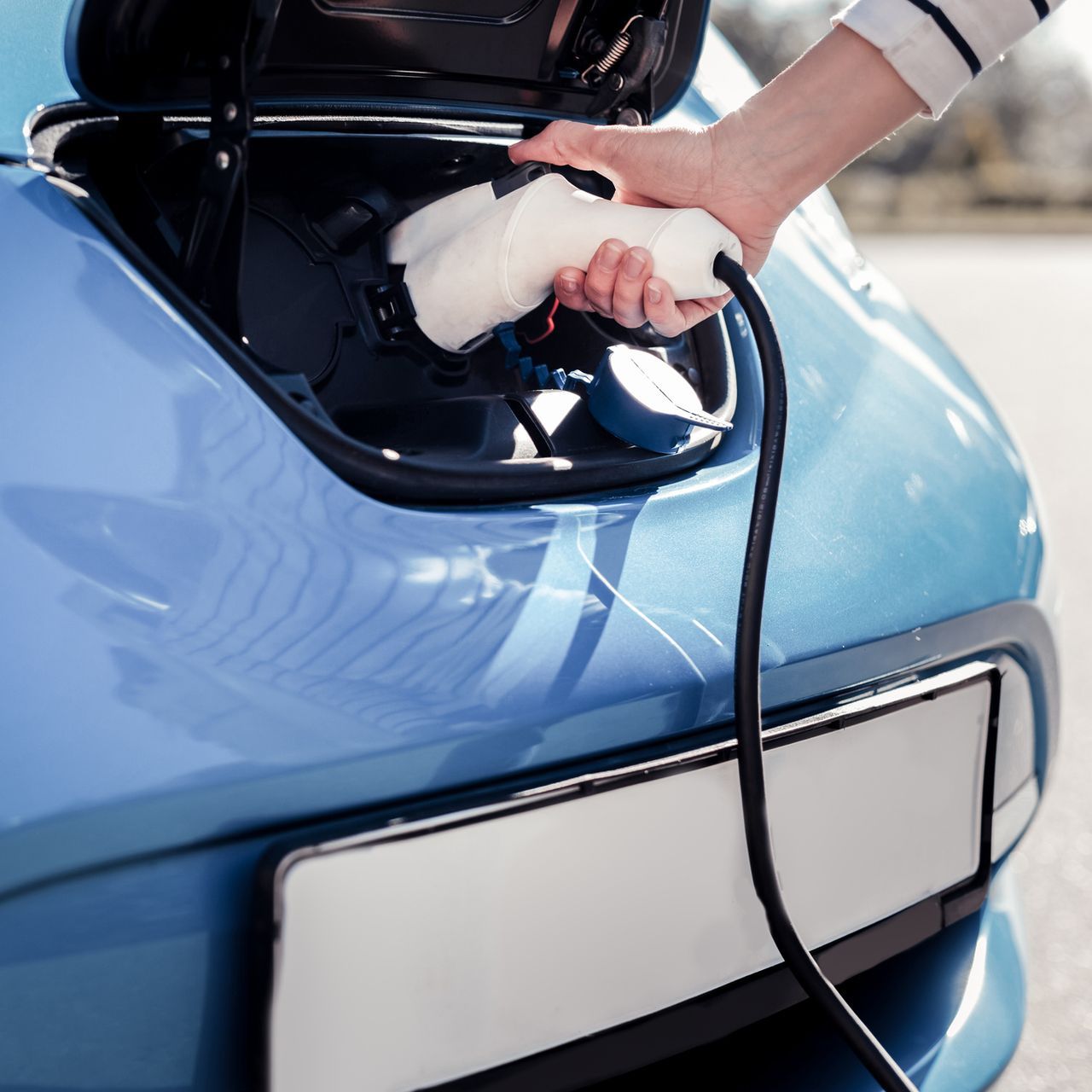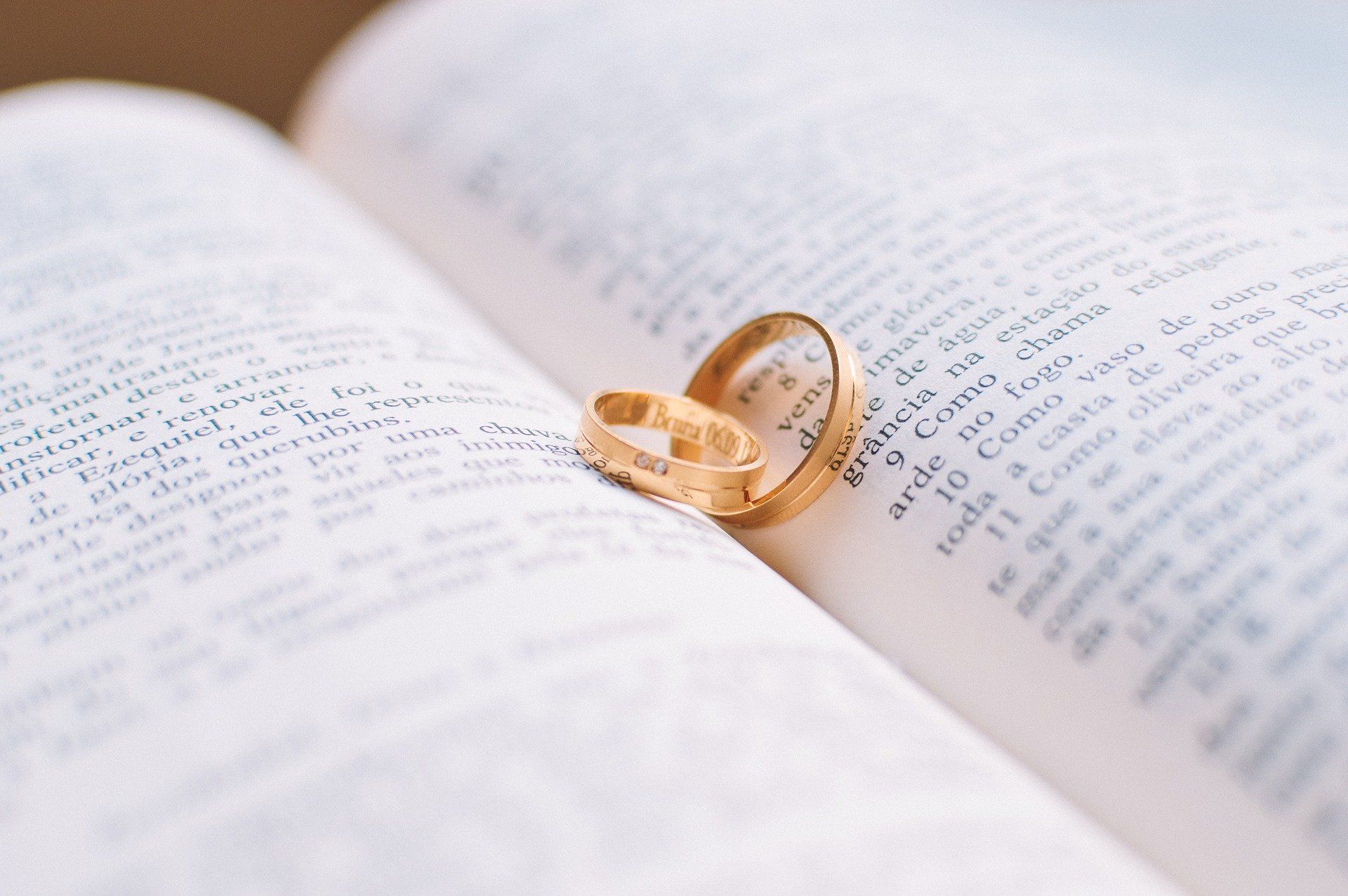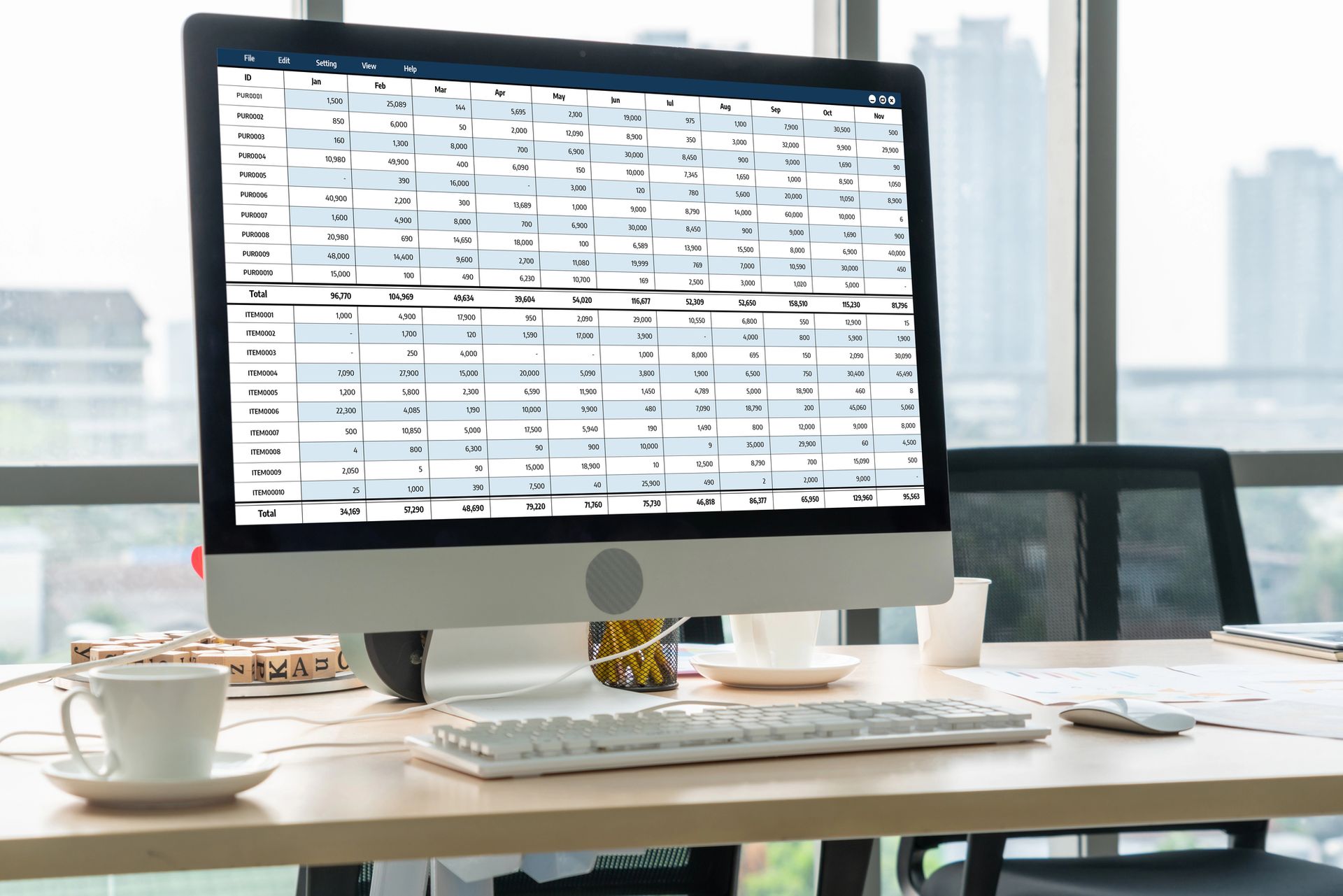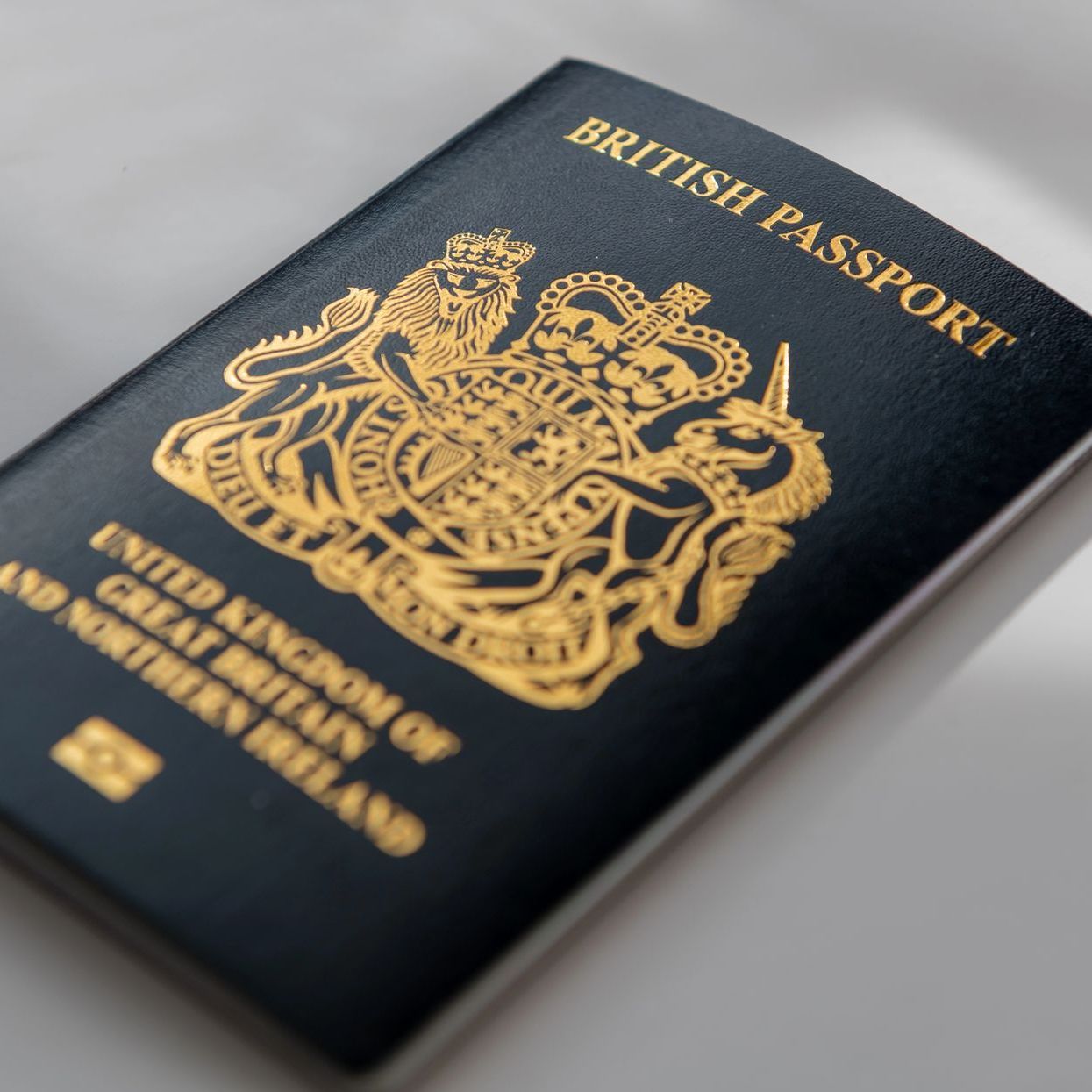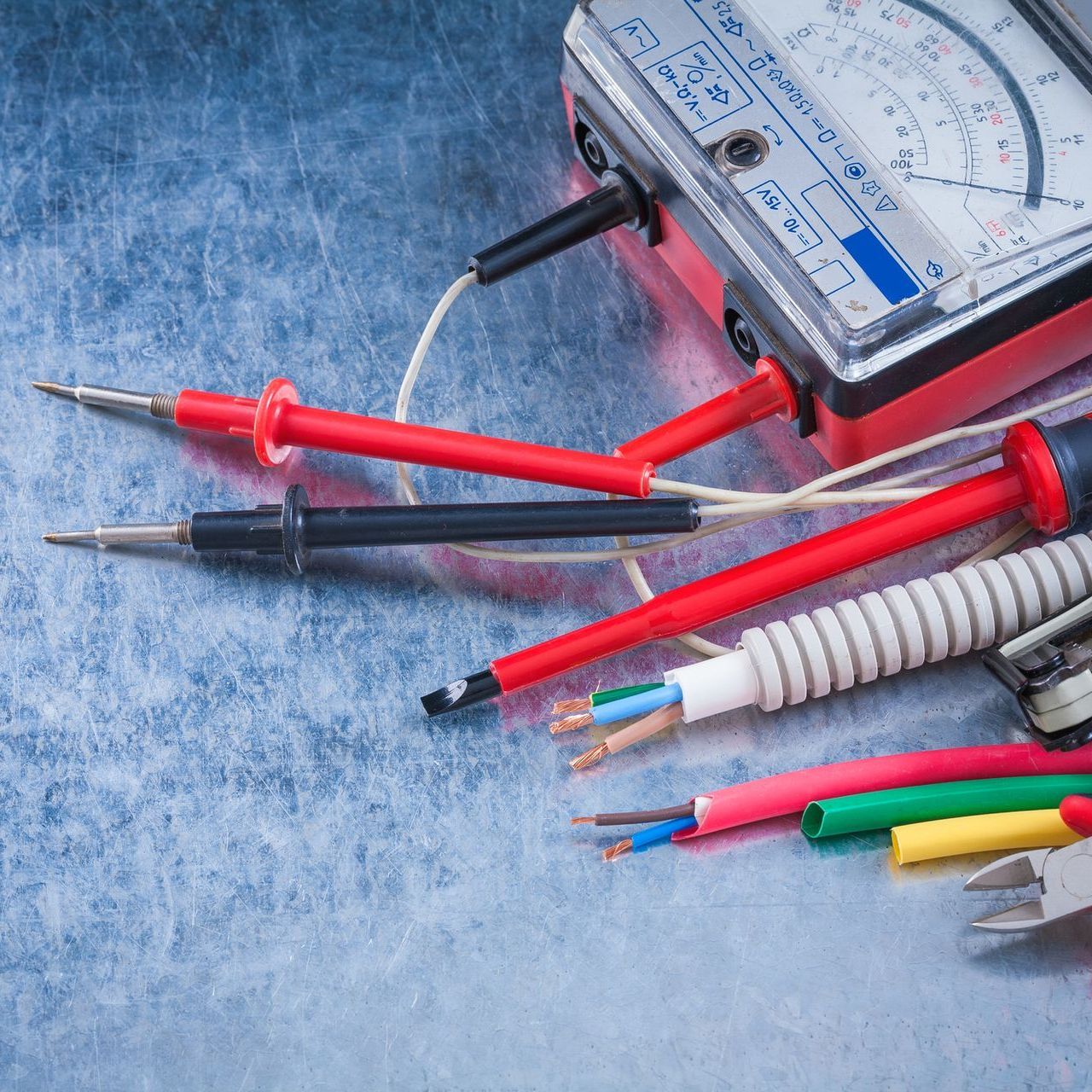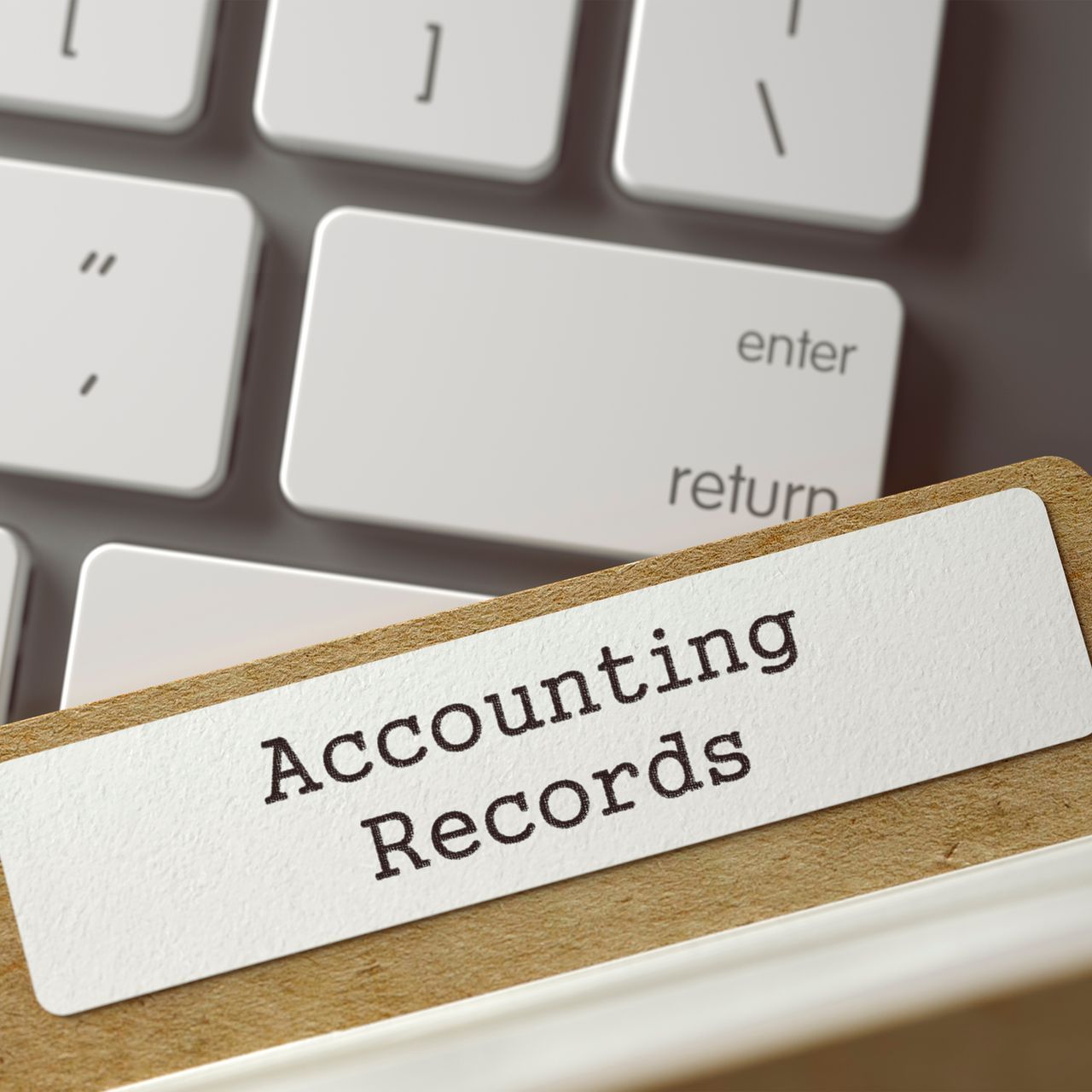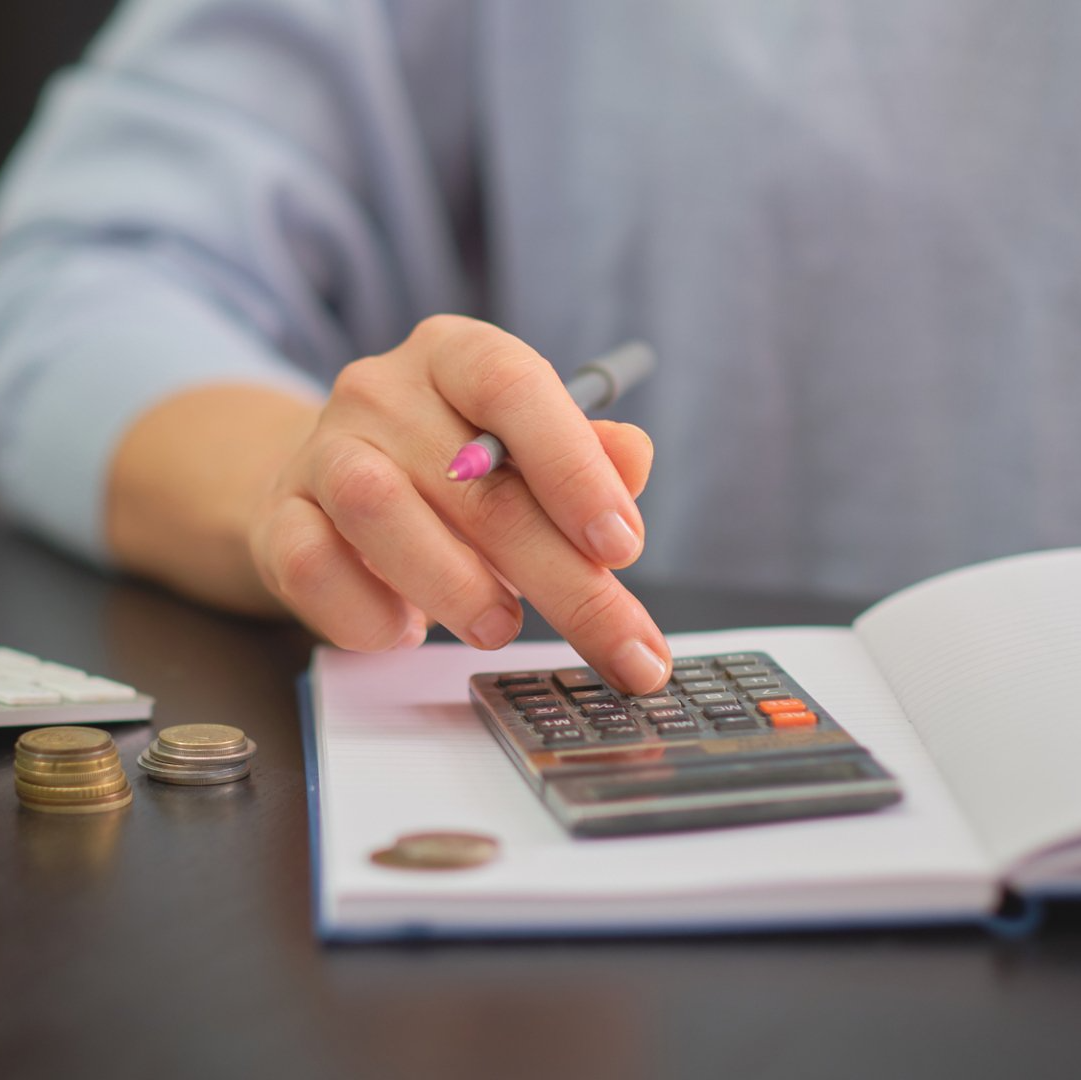Have you claimed every tax incentive you qualify for?
Marriage allowance
One useful tax relief that is available is the marriage allowance. This relief is available to married couples and civil partners, although it may not be enough of a financial gain to offset the cost of getting married so it's not the only reason to propose!
Do you earn under £12,500 and your partner is a basic rate taxpayer?
This relief is only of use when one of the parties is not using their full personal allowance and the other is paying tax at the basic rate. In these circumstances, the person not using their personal allowance can transfer up to 10% of the allowance to their spouse. For 2019/20 this would be £1,250, saving the partner tax at their prevailing tax rate. In most of the UK this would be 20% but in Scotland could be 19, 20 or 21%. This results in a reduction in tax of approximately £250.If your spouse is a higher rate taxpayer, you will not be able to claim Marriage Allowance.
Stake your claim by calling HMRC
It is up to the individual that has spare personal allowances to give it away. The person receiving the allowance can’t claim it. You can fill in the online form by clicking here or by calling HMRC on 0300 200 3200. Before you start you will need:
- your NI number and that of your spouse
- the date of your wedding
- your dates of birth
If you've got all this information to hand you can simply call them and ask for them to apply the claim.
You can request the allowance to go through automatically each year or you can request it each year you qualify for it.
Don't miss out on this allowance, you can backdate it!
Marriage allowance was introduced in the 2015/16 tax year and the good news is that if you qualified in every tax year but haven’t claimed it, you can backdate your claim right back to the start!
How you receive the benefit depends on your circumstances
If you are claiming for a previous tax year, HMRC will recalculate your spouse’s tax for that year. By increasing their personal allowance, they will have overpaid tax for that year and will be due an immediate repayment. Note that HMRC does not work fast and it may take several weeks to arrange to send you a cheque.
If you are claiming for a year ahead and your spouse is in an employment, their tax code will be updated, and they will pay less tax over the year ahead.
If you are claiming for a year ahead and your spouse is self-employed, they will need to tell HMRC they are eligible for a higher personal allowance on their self-assessment return by filling in the appropriate section. The calculations will then be adjusted accordingly. In this case you do need to have made the claim first.
This is a simple claim you can make for yourself so make sure you don't miss out on it if you are entitled to it!
